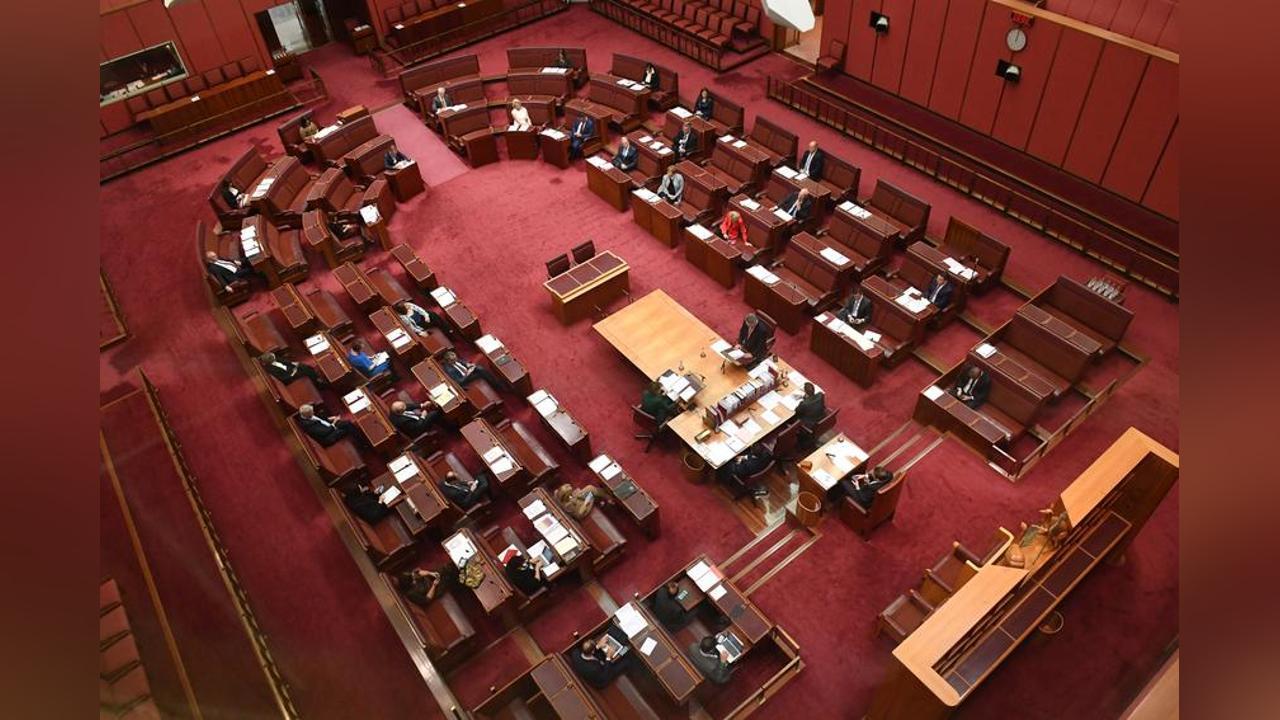Africa-Press – Eswatini. The security industry’s wages council might have agreed on a 7.5 per cent pay rise, but some of the prominent companies have attached demands to its implementation.
Some of the security companies, which refer to themselves as the Big Five, want the Ministry of Labour and Social Security to launch an intensive probe into how the companies in the sector operate in terms of being labour compliant, to be specific. This, they said was because a majority (over 80 per cent) of the security guard companies in the country were labour non-compliant, as they were purportedly underpaying its employees, not paying Eswatini National Provident Fund (ENPF) monies for the security guards and they did not issue out payslips, which meant that their employees could not access financial assistance from financial organisations, among other things.
According to some of the companies (Big Five), logic suggests that some of the security companies, which were mushrooming of late, were allegedly cleaning dirty money and the industry, including the workers suffered in the process. They said the issue normally starts when they bid for tenders as the companies in question charge (per security guard) money that was less than the gazetted basic minimum wage. They highlighted that the current government gazette (for 2022/23) the basic minimum wage for security guards is E2 490 and some of the companies in question charge E2 200 per security guard. “The question is how much do they pay the security guard, because from that money, they have to buy uniform, cater for operational cost (office rent, fill fuel for patrol cars and pay utility bills among other things) and also get profit,” they said.
On top of that, they said they have to pay ENPF and worksmen compensation, among other insurances to pay. They claimed that their investigations suggest that some companies deduct contributions for ENPF from the workers’ salaries, but do not remit it to ENPF. They highlighted that other companies pay for a certain percentage of their workers (like 10 workers yet the workforce is about 100). “This means that such companies are not in the industry for profit or services, but to clean their dirty money,” they claimed.
Costs
They said their assertion was based on that to dress a security guard costs at least E2 500, but these companies charge E2 200, yet they have to get profit, pay the guards and insurances and also buy the uniform. “This beats logic, hence we believe they are cleaning money,” they said. On top of that, they said government was also contributing to such practices in various ways. To start with, they said one question, which they never got a satisfactory answer to was how the office of the labour commissioner issued labour compliant certificates to these companies. They argued that if the labour commissioner did due diligence, the industry would not be in the mess it was in because non-complying establishments would not qualify to bid for tenders.
In that regard, they said government, in particular the office of the labour commissioner should do a thorough job to ensure that it issued labour compliant certificates to companies that complied with the labour laws and practices. “We have been calling the officer of the labour commissioner about this issue, but at times, they tell us that they have not received any complaint regarding same,” they claimed. Again, they said government was contributing to the ills they faced in the industry, because it also went for the lowest bidder when hiring a security company. They alleged that by so doing, it meant that government and its enterprises were only concerned about getting services and cared less about the labour practices and the workers. “If government gives a tender to a security company that charges E2 200 per security guard and is expected, by law, to pay its workers at least E2 490 per month and get profit after catering for operational costs, among other necessities, then there is something wrong with that tender,” they said.
As it stands, they said some of the labour non-compliant companies were winning tenders and this was despite the fact that labour compliance was one of the major requirements at the tender Board. They claimed that even the tender Board did not interrogate the labour compliant certificates produced by the companies. Also, they said if the tender Board or office of the labour commissioner would ask to meet some of the companies, they would meet at restaurants or hotels because they (companies) did not have offices.
Bidders
They said since most companies, including government and public enterprises were going for the lowest bidders, labour compliant companies no longer bid for tenders because they did not have a chance to be considered. “This means the mushrooming labour non-compliant security companies have taken the industry down, together with its workers,” they said. In that regard, they said the implementation of the gazette of 7.5 per cent salary adjustment in the sector, which is yet to be issued by the Minister of Labour and Social Security, should be carried out together with the recommendations of the enquiry into the matter of labour non-compliant security companies. They added that the report should also unearth how the office of the labour commissioner issued out labour compliant certificates to companies which did not comply with the law. “We will not implement the 7.5 per cent salary adjustment until this matter is investigated and the investigation’s recommendations have been implemented,” they said. By doing this, they said they were not against the salary adjustment, but they wanted things to be done properly, in accordance with the law. They further highlighted that they would like to see their workers earning a minimum of E4 000 and up to E10 000 per month, but emphasised that things should be done according to the law.
For More News And Analysis About Eswatini Follow Africa-Press







